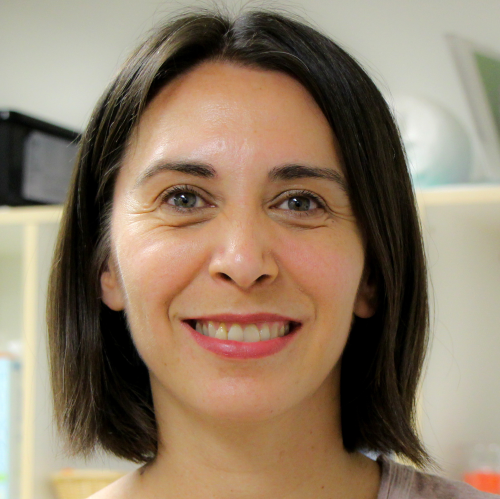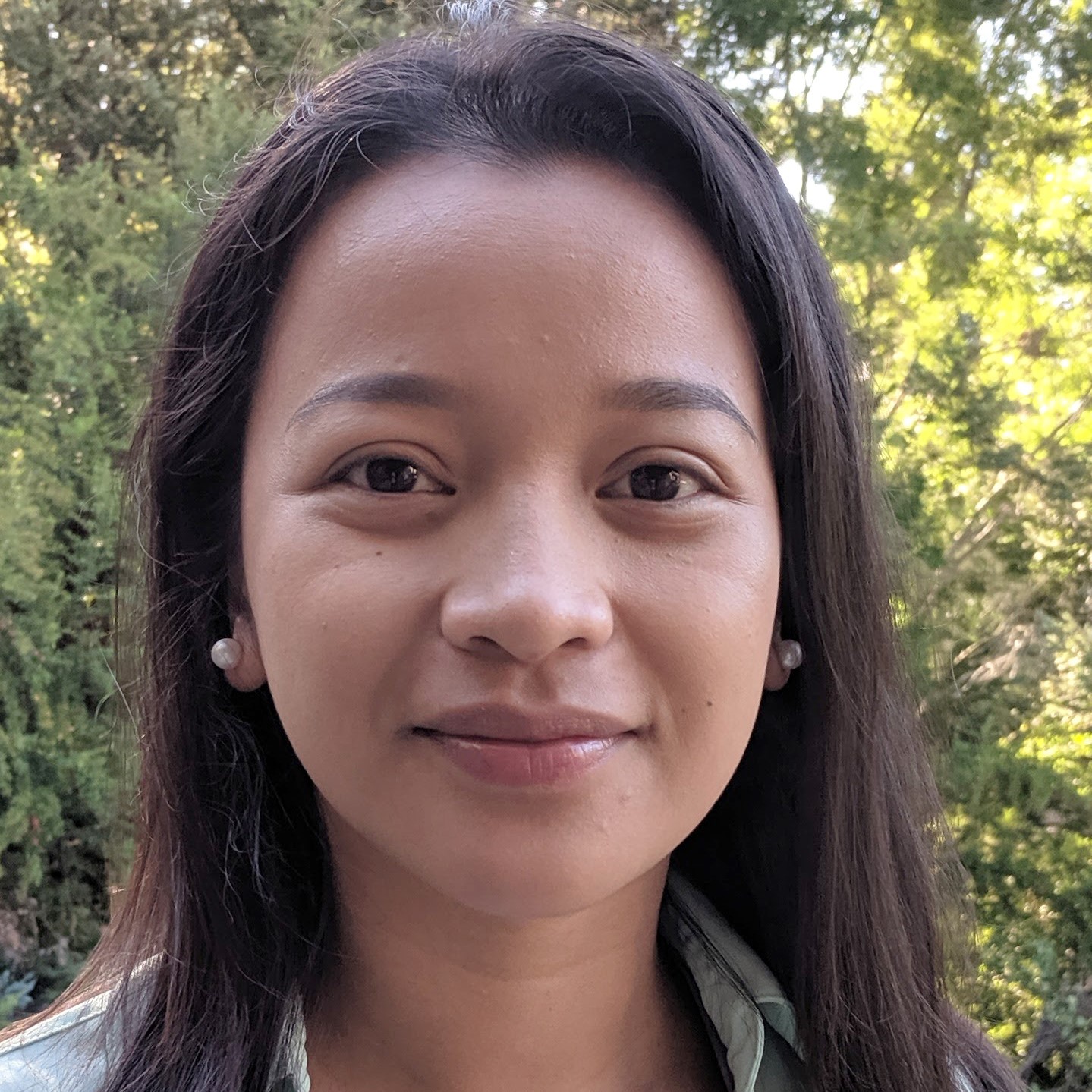by Buck Institute
March 2, 2021 . Donor Appreciation
Gruber Family supports underserved students during COVID-19
The original plan called for the Gruber Family Foundation to support underserved and underrepresented high school students participating in the Buck’s popular Summer Scholars Program by providing help with transportation, stipends and supplies. Then COVID-19 happened and the 2020 and 2021 Summer Scholars program got cancelled when the very hands-on program was deemed too risky for both students and scientists who are physically distancing in our labs.
 Thanks to Claire Spafford, who manages the Buck’s education programs, and postdoc Kristeen Pareja-Navarro, a new plan was hatched -- one that will likely give these students a leg up both in life and when the very competitive Summer Scholars program resumes. They went online.
Thanks to Claire Spafford, who manages the Buck’s education programs, and postdoc Kristeen Pareja-Navarro, a new plan was hatched -- one that will likely give these students a leg up both in life and when the very competitive Summer Scholars program resumes. They went online.
The Gruber Family Foundation happily signed on to the new plan, donating $20,000 to support the program which involves online mentoring of students from across Marin and into the East Bay, starting with kids attending Richmond High School. Why Richmond High? Pareja-Navarro graduated from the East Bay high school and is well aware of the challenges many of its students face.
 “I’m excited to give back to Richmond High, where students like me often struggle to find a path forward,” said Pareja-Navarro, who came to this country from the Philippines when she was almost 15. With English as her second language and years of education lost to poverty, no one had high expectations for a student who got her PhD from Cornell and is now working in the Tracy lab where she studies synaptic function in the context of Alzheimer’s disease.
“I’m excited to give back to Richmond High, where students like me often struggle to find a path forward,” said Pareja-Navarro, who came to this country from the Philippines when she was almost 15. With English as her second language and years of education lost to poverty, no one had high expectations for a student who got her PhD from Cornell and is now working in the Tracy lab where she studies synaptic function in the context of Alzheimer’s disease.
“When the teachers at Richmond High took note of my high grade point average they recruited me to a group of students who did internships at Lawrence Berkeley National Laboratory. Getting to work on experiments is what sold me on science,” Pareja-Navarro said. “Our hope is that these students will be really well-prepared to work in our labs when the Summer Scholars program gets back in action.”
Students see themselves reflected in the faces of their mentors
The re-vamped mentoring program involves 17 other Institute researchers, many of whom are familiar with being underrepresented in science and have formed the Buck’s Diversity Outreach Empowerment group. The mentors talk to small groups of students twice a month sharing information about their jobs, education and answering questions about the challenges they faced. In addition to providing the students with an up-close and personal sense of what a career in science involves, Spafford is also planning sessions that will focus on interview and presentation skills; the students will also work on a mini-research project that can be done remotely using digital bioinformatics tools. She’s hoping that the last session of the program will involve an in-person visit to the Buck where students will do an experiment related to their virtual research projects.
It’s the personal facet of the program that really appeals to Christopher Dunham, the Executive Director of the Gruber Family Foundation. “We were so impressed with the COVID-19 work around that Claire and Kristeen developed,” said Dunham. “We are delighted that these high school students, who are not usually encouraged to pursue science, will be able to develop one-on-one relationships with Buck scientists who understand the challenges they face. It’s a perfect fit for our organization.” The Gruber Family Foundation was established in 1987 by Marin residents Linda and Jon Gruber. The foundation supports organizations that focus on education, women’s issues, news and investigative reporting, social safety nets and arts and film.
“This program can have a huge impact on the kids,” said Casey Van de laarschot, who is the lead teacher for the Engineering Partnership Academy at Richmond High.” “Nearly 90 percent of our students come from underrepresented groups. It’s so meaningful when these students see themselves reflected in their mentors. They see what their life could look like. They know they have options and they get to know that they have rights to have any option they want.”
Pareja-Navarro, who is mentoring four students, says they get most engaged when she shares the struggles she went through learning to believe in herself and that like her, their motivation to succeed is grounded in a desire to help their families. “They all mention that they get nervous and anxious when they hear the word ‘college’,” she said. “Then I tell them about how I compared myself to other students and thought I wasn’t good enough to be at UC Davis where I got my first degree. It’s easy to underestimate yourself; it would be a big win if I can help them develop faith in themselves.”
Now a parent herself, Pareja-Navarro (who is working at the Buck in the late afternoons and evenings so she can help her six-year old son with remote learning) says she is becoming more sensitive to the differences between school districts. “Many of the schools in Marin have great STEM (science, technology, engineering and Math) programs in place for their students. I get jealous when I see what’s available to some students and not to others. This is an opportunity to build equity and it will start with developing supportive relationships with kids who are often overlooked when it comes to science.”
Spafford says there is a silver lining to the COVID-related revamping of the program – it let the Learning Center expand its geographic network and serve more students than would normally be included in the Summer Scholars program. “We do want to keep this momentum going, it’s been really rewarding to engage with students who might never find their way into our facility.”
Educating and inspiring the next generation of young scientists is a critical component of the Buck's mission. If you would like to learn more about how you can help the Buck grow our online resources to bring science education to more students and schools, please contact Lisa Palma, the Director of Philanthropy at lpalma@buckinstitute.org.
Science is showing that while chronological aging is inevitable, biological aging is malleable. There's a part of it that you can fight, and we are getting closer and closer to winning that fight.
Eric Verdin, MD, Buck Institute President and CEO